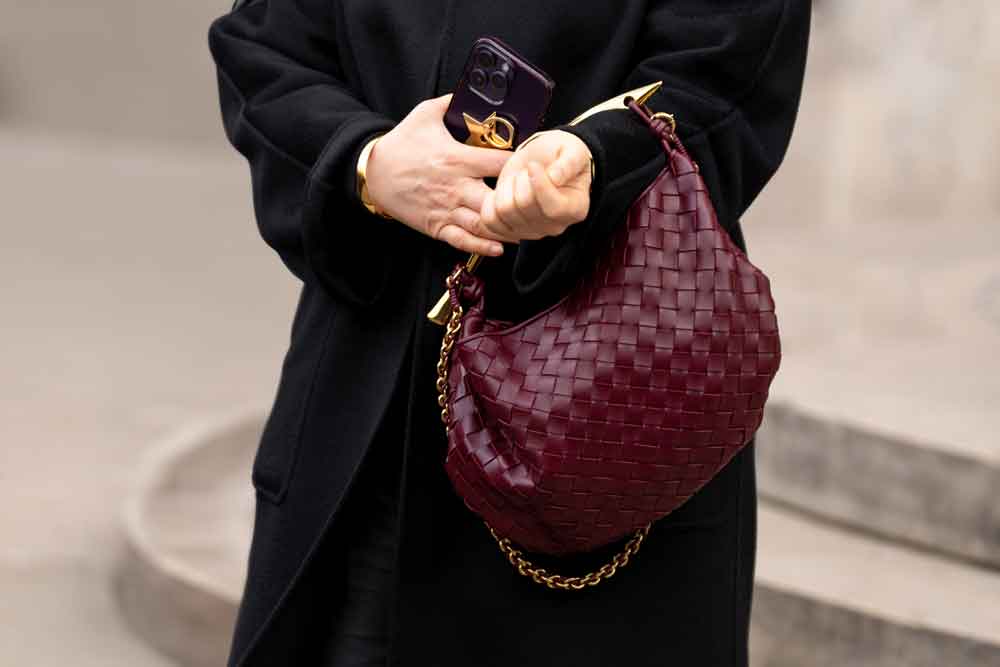The luxury fashion resale market is experiencing an unprecedented boom in 2025, reshaping the industry landscape.
Consumers increasingly favor pre-owned luxury goods as part of a broader move toward sustainability.
The luxury fashion resale market now accounts for a significant portion of total fashion revenue globally.
Platforms like The RealReal, Vestiaire Collective, and emerging resale startups are thriving.
High-end brands like Chanel and Gucci are piloting their own authenticated resale programs.
Circular economy principles are becoming central to luxury fashion marketing and operations.
Gen Z and Millennial consumers are leading the shift, viewing secondhand shopping as both ethical and chic.
Authentication technologies such as blockchain and RFID are ensuring trust in pre-owned purchases.
Exclusive vintage pieces are commanding premium prices, fueled by growing collector interest.
Sustainability-conscious investors are funneling capital into resale tech startups.
Fashion houses are rethinking design strategies to ensure long-term product durability and resale value.
Retailers report increased foot traffic and higher average order values through resale offerings.
Environmental advocates applaud the move, citing reduced landfill waste and lower carbon footprints.
Fashion media outlets have dedicated entire sections to promoting resale culture.
Celebrity endorsements from style icons like Bella Hadid and Rihanna are further boosting the trend.
Luxury brands acknowledge that the secondary market enhances brand loyalty among new generations.
Circular fashion models are expected to dominate the industry by 2030, analysts predict.
Luxury consumers now prioritize stories of sustainability and craftsmanship over sheer novelty.
The luxury fashion resale market is not a passing trend—it’s a powerful force shaping the future of fashion.
Luxury brands that adapt to this shift are poised to lead in a rapidly evolving marketplace.
Luxury Resale Market Booms as Fashion Embraces Circular Economy



0 Comments